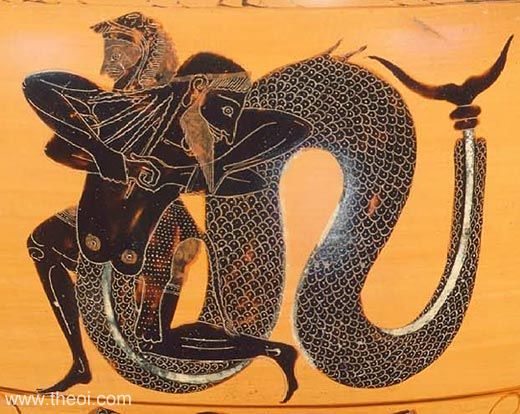By the time Sabar’s detective work is over very few of the elite players are left standing; as if it were the last scene in a Shakespearian tragedy. The reputations of well respected papyrologists, eminent scientists, holders of endowed chairs and senior administrators from journal editors right up to the president in Massachusetts Hall.
Those still standing are not the princes of the realm, but a few ragtag amateur scholars who do the heavy lifting, while others chase fame and fortune. And, of course, there’s Sabar himself, without whose prodigious work the full implications of the scandal would never have become clear.
Here’s the scenario: An email comes in from someone you have never met offering to give you (or your university) an ancient papyrus written in Coptic. The would-be donor says he has no expertise in Coptic but with a dictionary and grammar has puzzled out enough to offer a rough translation, including “Jesus said to them, ‘My wife…’”
Take it from there. but don’t expect to learn much about Jesus’ marital status, his relationship to Mary Magdalene, the attitudes of early Christians to sex, the place of women in the early church, or even what the term “gospel,” entails. The book touches on each of these topics, but is not really about any of them. Instead, it poses the question whether universities today cam distinguish genuine scholarship from self-serving deceptiveness,– if they try at all.
The detective work plays out on two levels, individuals who succumb to personal advantages of one sort or another, and institutions that fail to uphold the standards they profess to defend. . The real importance of the book lies in the question whether post-modernism in its current form and similar movements have now eroded the university’s traditional determination to “get it right.” Getting it right involves, to be sure, taking time to make careful comparisons, working out the chronology, determining provenance, avoiding conflicts of interest, consulting people with genuine expertise and resecting their judgment even if it isn’t what one wants to hear. It’s a slow, unglamorous process but its better than rushing into feel-good story telling, or cliches about “Indeterminacy” and “enriching the conversation,”, or substituting “operational effectiveness” for accuracy, or trying to redress today’s injustices by rewriting the past
Read it and post a comment on what you find.
